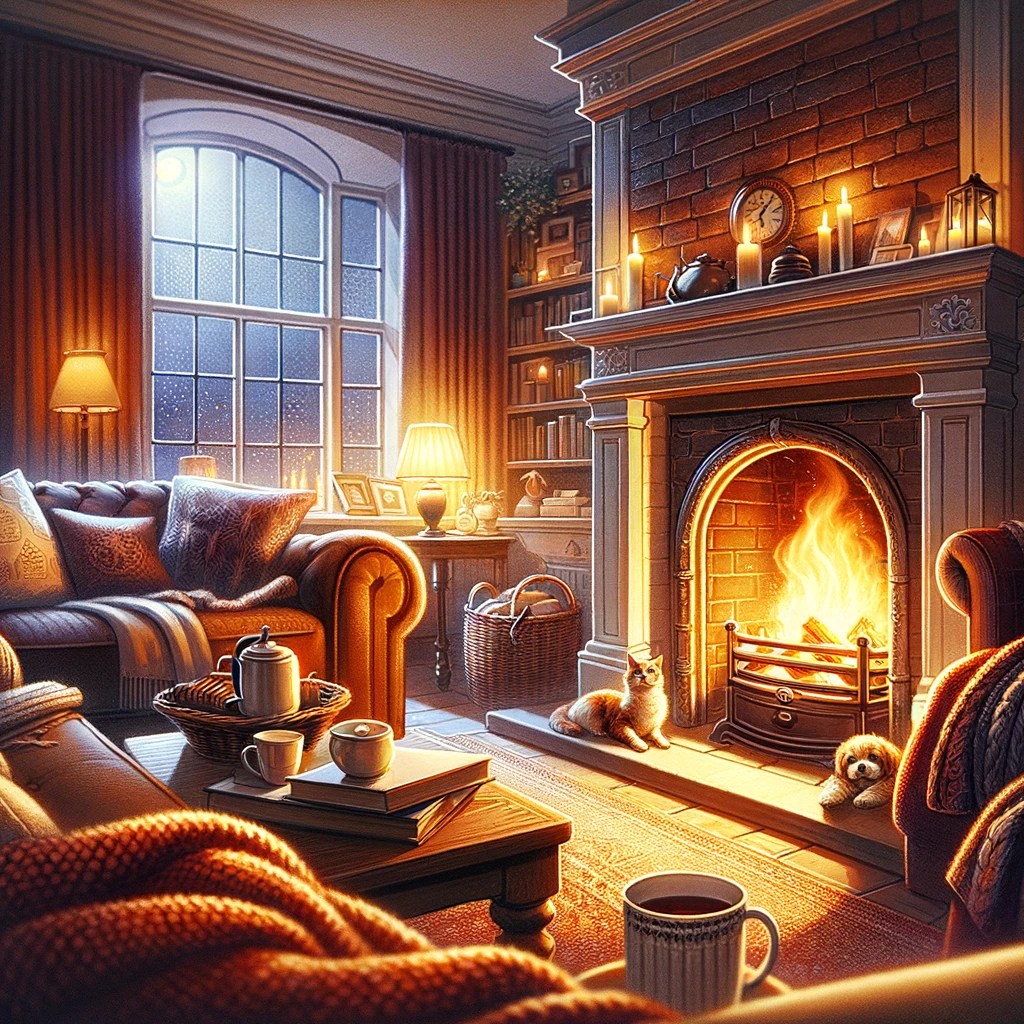
Fireplaces add warmth, ambiance, and value to a home, but like any other home feature, they require maintenance and occasional repairs to stay in optimal condition. Understanding the most common types of fireplace repairs can help homeowners identify issues early and seek professional help when necessary. Here’s a rundown of the ten most common fireplace repair needs.
1. Chimney Cleaning and Creosote Removal
Regular chimney cleaning is essential to remove creosote buildup, a highly flammable by-product of wood burning. Excessive creosote can lead to chimney fires, making its removal a top priority for safety.
2. Damper Repair or Replacement
The damper controls airflow through the chimney. If it’s stuck, rusted, or broken, it can affect the fireplace’s efficiency and safety. Repairing or replacing a faulty damper is crucial to maintain proper ventilation.
3. Mortar Joint Repointing
Over time, the mortar joints between bricks or stones in the chimney can deteriorate. Repointing—removing and replacing these worn mortar joints—helps maintain the chimney’s structural integrity.
4. Chimney Cap and Crown Repair
The chimney cap and crown protect the chimney from water, debris, and animal intrusions. Cracks or damage can lead to leaks and other issues, requiring prompt repair or replacement.
5. Firebox Repairs
The firebox is where the fire burns, and it can crack or erode over time. Repairing the firebox is essential to prevent heat from escaping into areas of the home where it can cause damage.
6. Flue Liner Repair or Replacement
The flue liner protects the chimney’s structure from heat and corrosion. Cracks or deterioration in the liner can be a serious safety hazard, necessitating repair or replacement.
7. Spalling Bricks Repair
Spalling occurs when moisture penetrates bricks, causing them to flake or crumble. Repairing spalling bricks is essential to prevent further deterioration of the chimney structure.
8. Chimney Leak Resolution
Water intrusion is a common chimney issue that can lead to mold, mildew, and structural damage. Identifying and resolving the source of leaks is a critical repair need.
9. Smoke Chamber Repair
The smoke chamber helps funnel smoke up into the chimney. If it’s damaged, it can impede this process and allow smoke to enter the home. Repairing the smoke chamber ensures efficient and safe fireplace operation.
10. Obstruction Removal
Bird nests, leaves, and other debris can block the chimney, posing a fire risk and preventing the escape of harmful gases. Removing obstructions is a necessary maintenance task.
Conclusion
Regular inspections and maintenance by a professional chimney service can identify and address these common fireplace repair needs before they become major issues. Keeping your fireplace in good repair not only ensures your family’s safety but also enhances the enjoyment and value of your home. Remember, when it comes to fireplace repairs, early detection and professional intervention are key.
